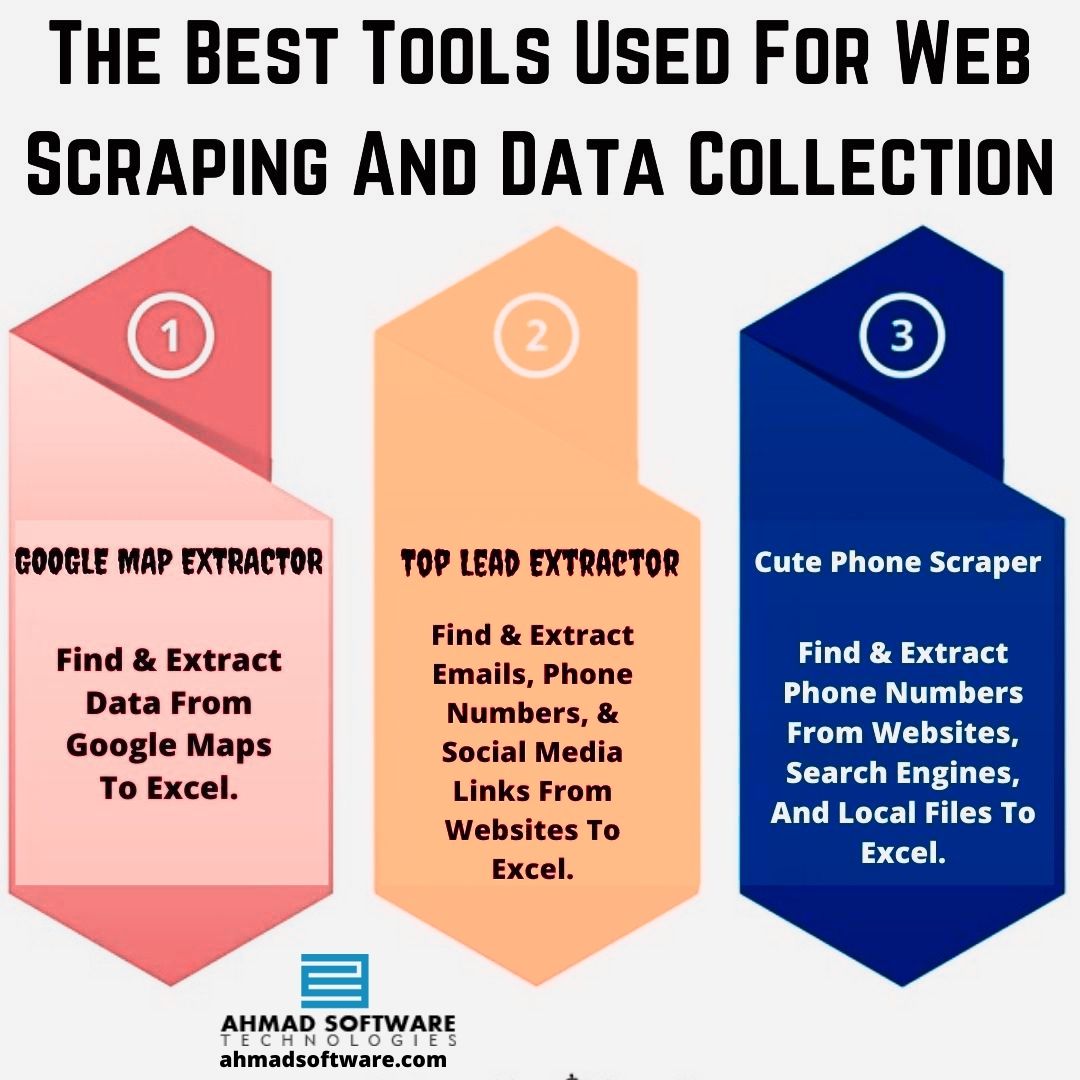In today’s digital landscape, mobile apps are no longer just about functionality—they’re about delivering personalized, intelligent, and seamless experiences. As user expectations evolve, so does the technology powering their favorite apps. At the forefront of this transformation is Artificial Intelligence (AI), particularly machine learning (ML), which is revolutionizing how apps interact with users. For any forward-thinking mobile app development company, integrating AI is no longer optional—it’s essential.
Why AI is a Game-Changer in Mobile App Development
AI and ML empower mobile applications to learn from user behavior, adapt to their preferences, and offer real-time, predictive responses. This shift transforms apps from static tools to dynamic companions. Whether it’s recommending the next show to watch, recognizing voice commands, or predicting user actions, AI enhances every aspect of the user experience.
A seasoned mobile app development company can harness these technologies to create apps that are not only intuitive but also intelligent. This ability to “think ahead” is exactly what today’s users crave.
Key Areas Where AI is Reshaping Mobile Apps
1. Personalized User Experiences
One of the most powerful uses of AI is its ability to analyze user data and customize app interfaces, content, and functionality. Platforms like Netflix and Spotify have set the standard for personalized recommendations. They use machine learning algorithms to study user behavior and predict preferences with impressive accuracy.
Mobile app development companies now integrate similar AI models to deliver personalized content in everything from e-commerce apps to health trackers. This results in improved user retention and engagement.
2. Chatbots and Virtual Assistants
AI-powered chatbots have become ubiquitous across mobile applications. These bots offer 24/7 customer support, help users navigate the app, and even complete transactions. Advanced bots can understand natural language, recognize sentiment, and provide context-aware responses—dramatically reducing the need for human intervention.
Virtual assistants, such as Google Assistant and Siri, are also getting smarter. With voice recognition and natural language processing (NLP), they can perform complex tasks and respond to voice commands with high accuracy.
3. Image and Voice Recognition
From unlocking your phone with Face ID to scanning QR codes, image recognition is a widely used AI application in mobile apps. Retailers use it for virtual try-ons, while healthcare apps use it for diagnostics and monitoring.
Voice recognition, powered by deep learning models, enables hands-free operations, voice search, and audio commands. A skilled mobile app development company can seamlessly integrate these capabilities, enhancing accessibility and user convenience.
4. Predictive Analytics
Predictive analytics allow mobile apps to anticipate user needs. For example, a fitness app might suggest workouts based on past activity and goals. An e-commerce app might prompt a restock reminder based on purchase history.
By analyzing trends and patterns, apps can offer timely suggestions, alerts, and even product recommendations, ultimately driving user satisfaction and conversions.
5. Fraud Detection and Cybersecurity
AI plays a crucial role in enhancing app security. Machine learning algorithms can detect unusual behavior, such as suspicious login attempts or unusual transactions, and flag or block them in real-time. For financial and health-related apps, this capability is indispensable.
A responsible mobile app development company will prioritize integrating these AI-driven safeguards to protect user data and build trust.
AI in Real-World Mobile App Examples
Let’s explore how some popular apps are leveraging AI:
- Google Maps uses AI for real-time traffic prediction, route optimization, and ETA accuracy.
- Grammarly employs natural language processing to provide advanced grammar suggestions and tone analysis.
- TikTok uses deep learning to curate a hyper-personalized content feed based on user interactions.
These examples demonstrate the breadth of AI’s impact across industries—from transportation and education to entertainment and social media.
Benefits for Businesses
- Investing in AI-powered apps offers numerous advantages:
- Enhanced user engagement and satisfaction
- Higher retention and conversion rates
- Increased operational efficiency through automation
- Improved security and fraud detection
For any business partnering with a mobile app development company, these benefits translate into tangible ROI and long-term growth.
Challenges and Ethical Considerations
While the integration of AI opens new possibilities, it also introduces challenges. Key concerns include:
- Data privacy: AI relies heavily on user data, raising concerns about consent and data handling. Regulations like GDPR and CCPA enforce strict compliance.
- Bias in AI models: Machine learning algorithms can reflect and amplify existing biases, leading to unfair outcomes if not properly monitored.
- Transparency: Users often don’t understand how AI decisions are made, which can erode trust.
A responsible mobile app development company will address these concerns through transparent AI practices, ethical data usage, and ongoing model auditing.
The Role of a Mobile App Development Company
Building AI-powered mobile apps requires a multidisciplinary approach. A top-tier mobile app development company will:
- Assess your business needs and identify opportunities for AI integration
- Develop machine learning models or integrate existing AI APIs (e.g., TensorFlow, AWS AI, Google ML Kit)
- Ensure seamless UX/UI design that complements AI functionality
- Prioritize security, scalability, and ethical AI practices
Whether you’re developing a new app or upgrading an existing one, choosing the right development partner makes all the difference.
Looking Ahead: The Future of AI in Mobile Apps
As AI continues to evolve, we can expect mobile apps to become even more intelligent and autonomous. Future trends may include:
- Advanced emotion recognition and mood-based app responses
- Context-aware AI that adapts based on location, time, and activity
- Greater use of edge computing for real-time, offline AI processing
- Low-code/no-code AI solutions for faster implementation
Businesses that embrace these innovations early will gain a significant competitive edge. And the best way to do that? Partner with a mobile app development company that stays ahead of the tech curve.
Final Thoughts
AI is not just enhancing mobile apps—it’s redefining them. From personalized experiences to robust security, machine learning is the engine powering the next generation of digital experiences. For businesses aiming to thrive in this intelligent ecosystem, the support of an experienced mobile app development company is crucial.
Whether you’re aiming to build the next TikTok or optimize your internal enterprise app, now is the time to invest in AI-powered mobile solutions.
Want help turning your app idea into a smart, AI-driven reality? Reach out to a trusted mobile app development company and start building for the future today.




